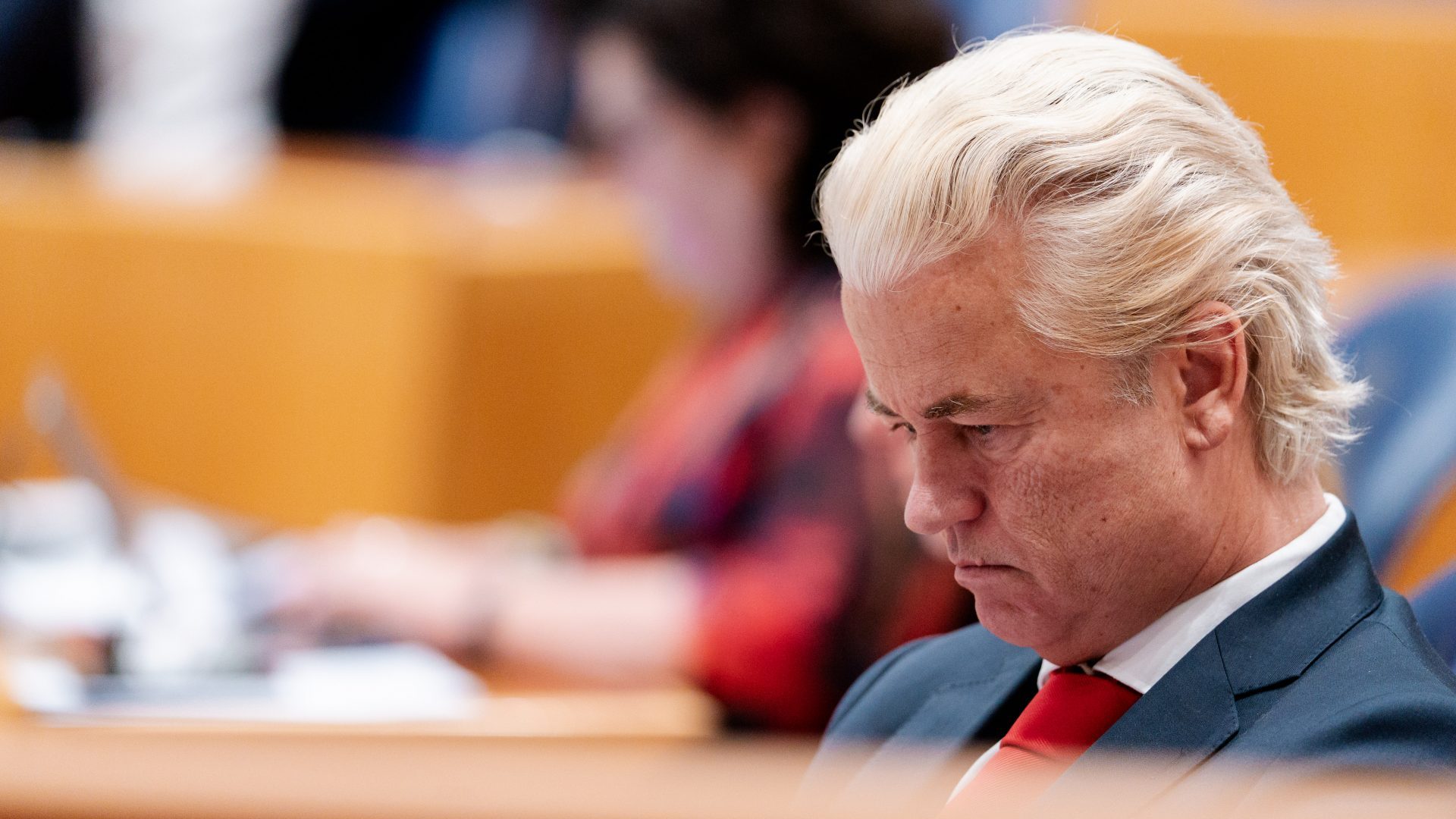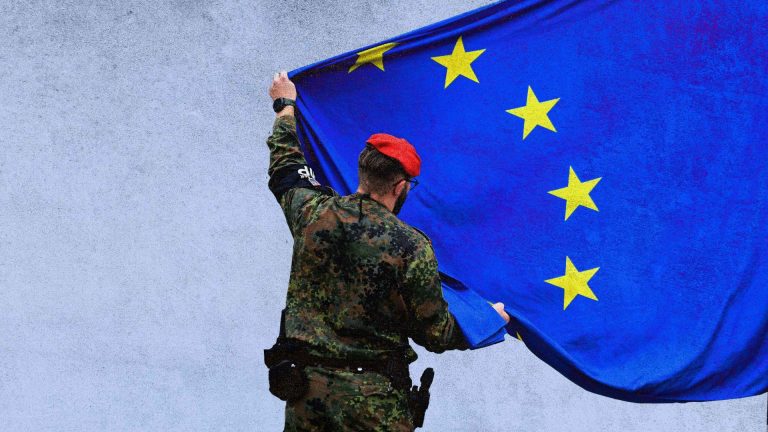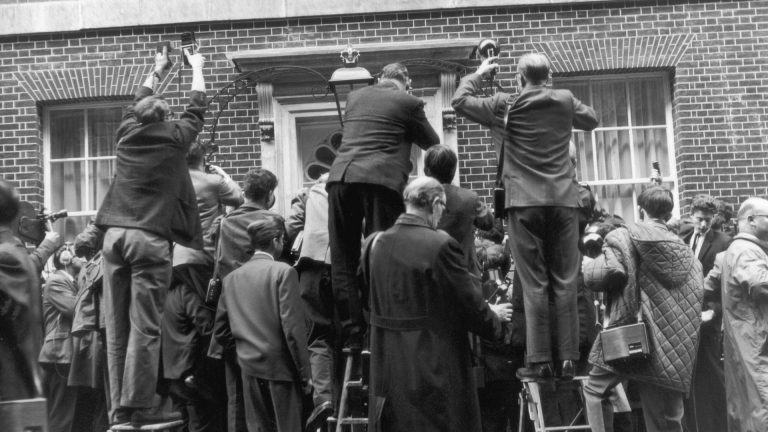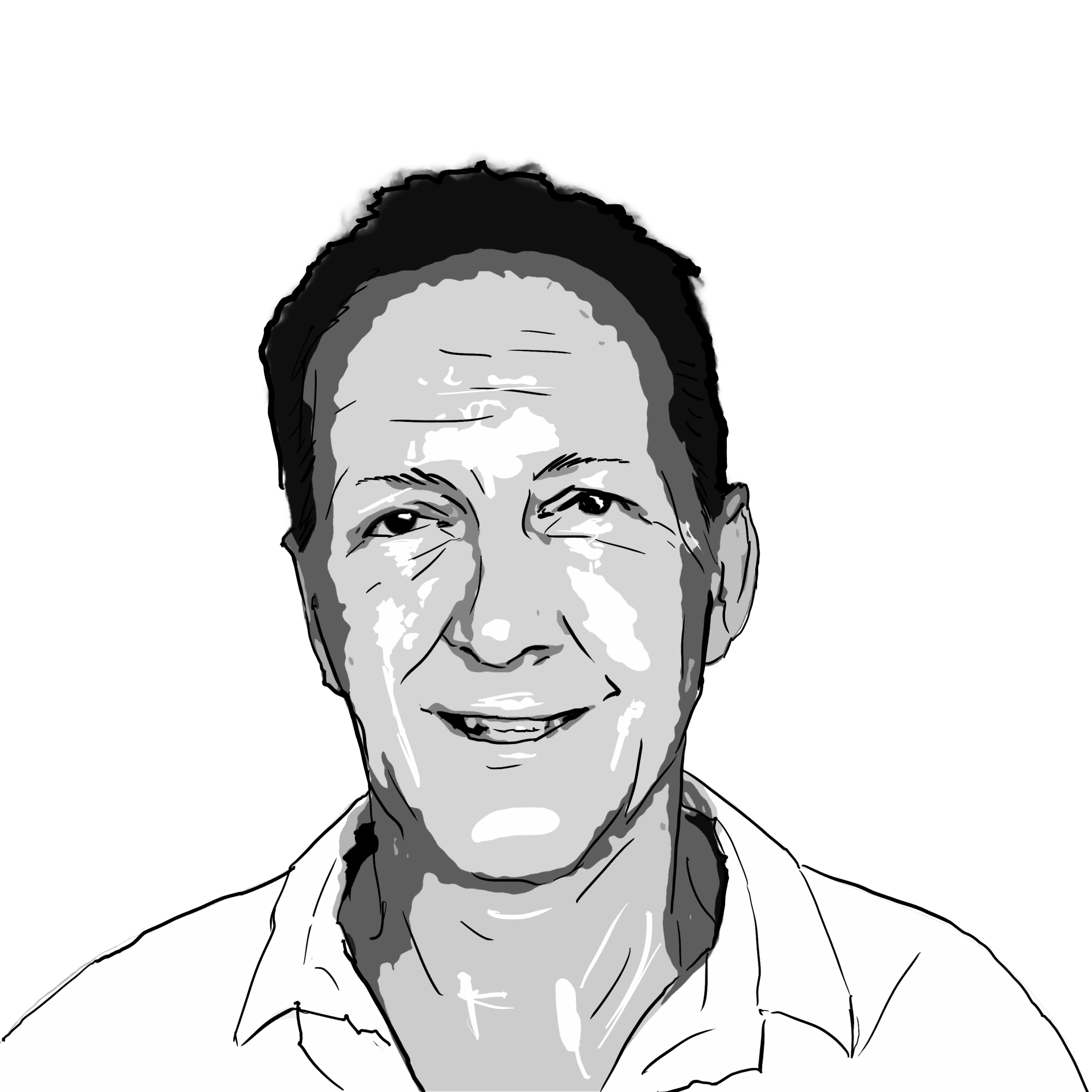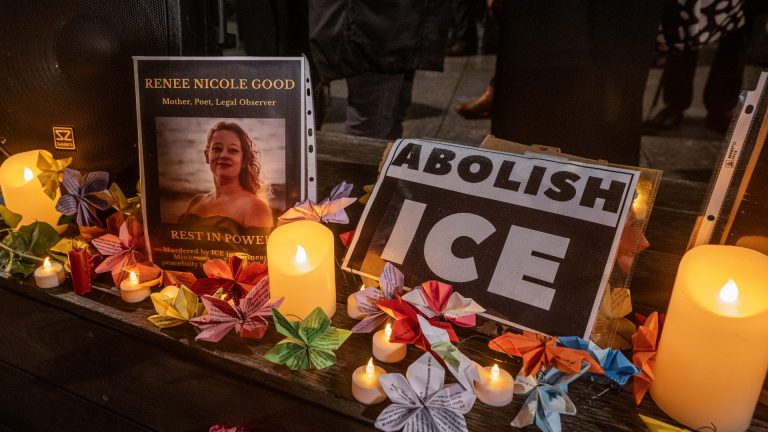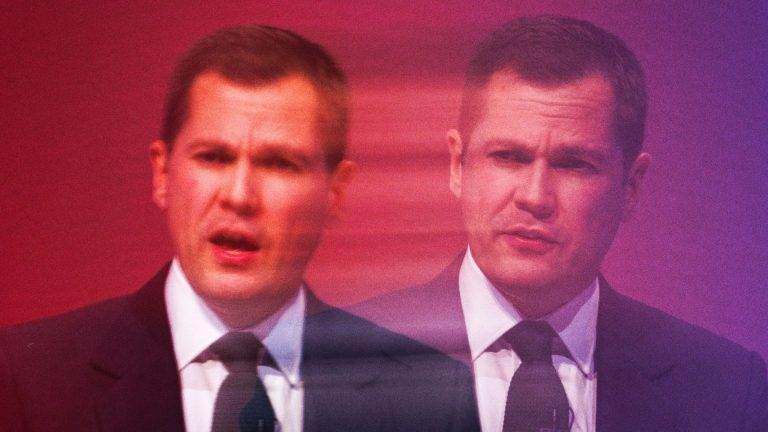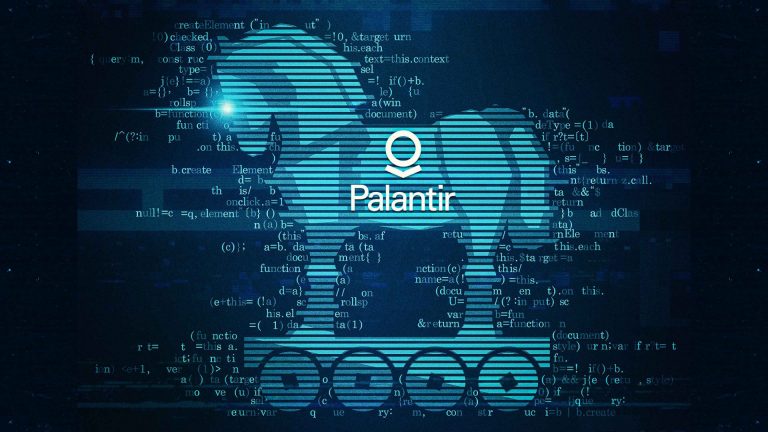They sought him here, they sought him there, they sought Geert Wilders everywhere. But the scarlet pimple on the face of Dutch democracy initially refused to show himself, as the campaign for the elections on 29 October kicked into gear. The reason, he said, was his appearance on a list of politicians targeted by a Belgian Jihadist terror cell that was dismantled earlier this month.
Wilders heads the far-right populist, anti-Islam PVV, and his absence from the first election debates immediately became the talk of the campaign, as he might well have intended. He leads the largest party in parliament and is ahead in the polls despite a slight loss of support. The PVV was also the largest coalition party in the short-lived government of prime minister Dick Schoof. Wilders brought down the coalition after less than a year by insisting on new far-reaching curbs on migration.
His political rivals and many commentators were caught flat-footed by his decision to, as he grandly put it, suspend all campaign activities, and then to reverse this decision after less than a week. Not that any of this is new. For more than two decades now, Wilders has lived under constant police protection and he often stays in safe houses. During the previous election campaign in 2023, he also skipped the opening debates, citing security concerns.
In any case, Wilders does much of his hatemongering online and he was back on X within a few days to stoke hatred against migrants, citing the threat of sexual violence against Dutch women. It made it a little hard to credit Wilders’s security concerns for his decision not to participate in the first debates.
From the beginning, the security services had estimated that there was no “residual threat” after the cell was dismantled in Belgium. The Jihadists’ supposed main target was the Belgian prime minister Bart de Wever, but he continued his duties as usual. Yet Wilders wrote on X that he had “a bad feeling”.
One of his challengers, leader of the resurgent centre-right Christian Democrat CDA, Henri Bontenbal, was miffed when Wilders didn’t show up for the first televised leaders’ debate. “Yes, I’m put out by his absence,” said Bontenbal. “It is very important to be able to question the parties that governed.”
Wilders has developed a bagful of tricks to avoid being questioned when it doesn’t suit him. While his path to becoming PM was blocked by the other parties, he ruled from the shadows, humiliating the unfortunate Schoof whenever it was politically expedient. When the bumbling and quarrelling coalition’s unpopularity started to affect his own party’s ratings, he abruptly pulled out.
The PVV is also the only major party not to submit its programme to the Central Bureau of Statistics (CBS), which assesses the financial and economic consequences of political proposals. Wilders claimed on X this was because the CBS grossly underestimated the money that could be saved by curbing migration.
It’s this type of “fact-free” discussion that the leader of a small progressive, pro-European party, Volt, gave for pulling out of another election debate. Laurens Dassen, Volt’s leader, was supposed to have debated with the representative of FvD, a small party even further right than the PVV. Dassen said he would not give the party “oxygen” to spew its views on climate change (the FvD has compared climate science to “witchcraft”.)
Suggested Reading
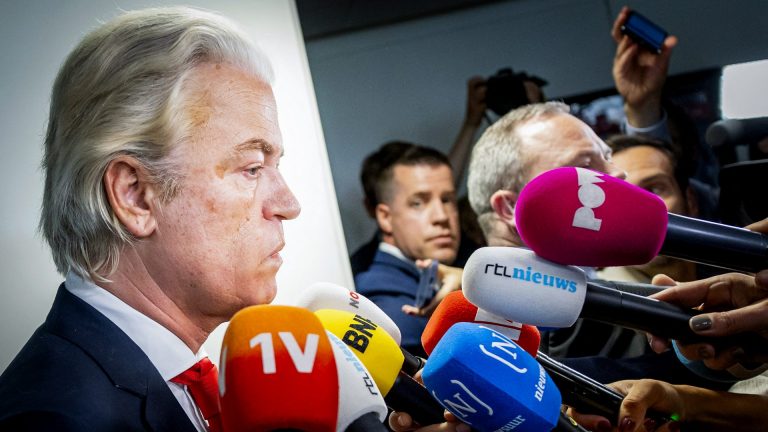
Geert Wilders: the fall of an extremist
Dassen’s stance was not welcomed, even by other progressive parties. While they were willing to give Wilders the benefit of the doubt because of the security concerns, they skewered Dassen for not wanting to debate his opponents.
The episode illustrates the difficulty that other parties have in dealing with the far-right and populist phenomenon. The centre-left, represented by the merged Labour and Green-Left parties, is virtually stagnant in the polls, even after almost a year of chaotic far-right government.
The centre-right, though, represented by the Christian Democrats (CDA), has undergone a remarkable recovery. If the cordon sanitaire around Wilders and his party holds this time, Bontenbal has a real shot at becoming prime minister. The CDA and the Labour Green-Left alliance are currently vying for second place in the polls.
All the major parties are now vowing to shun Wilders, not because of his far-right anti-migration views but because he’s seen as an agent of chaos. That means forming the next government might become even more fraught than usual in the Netherlands. Long coalition negotiations and multi-party governments are par for the course here, but this time a working majority could be more elusive than ever.
Despite a slight decline from his peak two years ago, Wilders’s PVV is likely to remain the largest party. Collectively, the far-right is likely to end up with more seats than ever.

